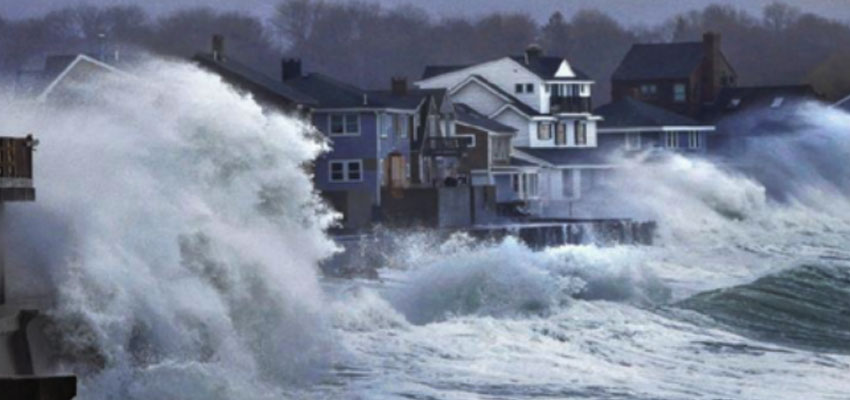
In the spirit of D-Lab pedagogy, this new spring term 2016 class D-Lab: Water and Climate Change is a hands-on, experiential, action-learning course. Together with peers and experts, we will learn about the vitally important interface between water and climate change.
There will be four components of the course:
First, we will diagnose the global challenge of water and climate change through researching, discussing and synthesizing information from on-line resources, films, satellite data, maps and readings.
Second, we will apply this research to a wide range of behavioral, technological, infrastructural, economic/financial and adaptive solutions to the water/climate change challenge. Systems thinking, sustainably development, equity, ethics and co-benefits of climate action will be key themes throughout the course.
By mid-term, each person in the class will select a topical area and will be responsible for a portion of a master “solutions database,” not invented from scratch, but built on the foundation of the work of the International Panel on Climate Change (1990 – present), to which we will add our own innovations and those of others.
Third, because climate change is affecting or expected to affect many coastal communities, including Boston, we will undertake field trips around greater Boston to investigate water/climate impacted sites. Field trips will include selected locations along the Massachusetts coastline including glacial and coastal flood and erosion sites, plus various museums, water supply, water power and dam sites around Boston.
The final course component will entail the development of an innovative solution to a selected water/climate problem area, and the expression of that solution in written, visual and oral formats.
I have had the opportunity and privilege to instruct students at MIT for the past several decades, both through Masters of Engineering research supervisions and through teaching several water engineering courses. One of my undergraduate courses offered through the Department of Urban Studies and Planning was “the Global Freshwater Crisis.” Among the highpoints of that class, apart from the wonderful students in it, were our field trips, which included a tour of the new Charles River Dam by the Director of Flood Control Management. This dam provides flood protection for the cities of Boston and Cambridge.
We also visited the water power system at Lowell National Historical Park, getting special access to tour the original Francis turbine, invented by James B. Francis in 1848, who was self-taught, and who become the head engineer of the Locks and Canals Company in the water-powered textile mill in Lowell, Massachusetts. Francis turbines are the most common water turbines in use today including at many of the big dams in the West, as well as at the largest dam in the world, the 3 Gorges Dam.
Drawing from the experience from these prior field trips, local field trip outings will be a centerpiece of the experiential learning in this course. I look forward greatly to the opportunity for sharing these learning experiences through this engagement!
D-Lab: Water and Climate Change EC.S08, EC.S12 (G)

